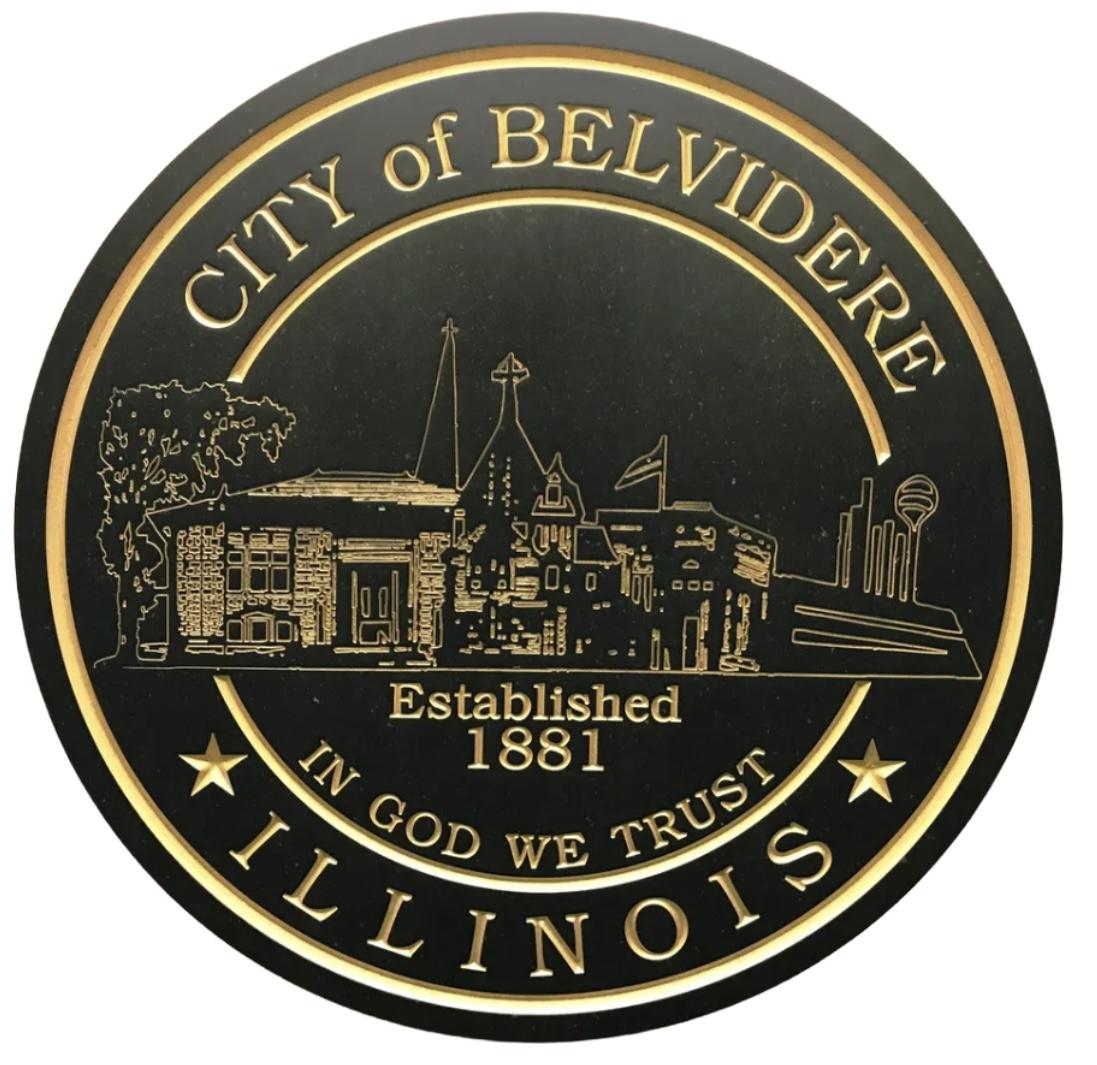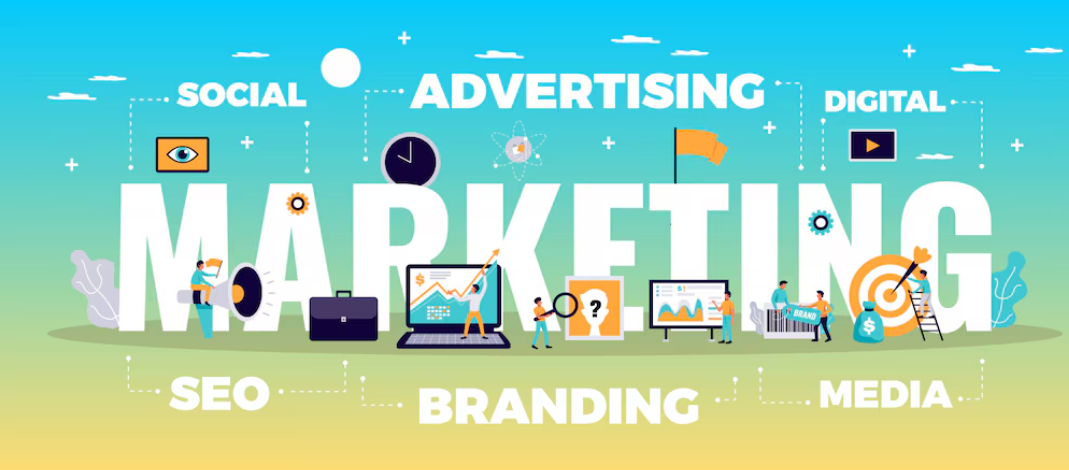After studying different tools and analyzing their capabilities, I have shortlisted the most powerful and reliable PPC tools that help marketers and businesses streamline their advertising efforts.
1. Google Ads Editor
Google Ads Editor is one of the most essential tools for managing Google Ads campaigns efficiently. As I have researched, this tool is especially helpful for agencies managing multiple accounts. It provides the ability to:
- Make bulk edits
- Import and export campaign data
- Test new campaign structures
- Manage large-scale ad groups quickly
This tool is often used by professionals offering ppc management services to execute edits faster and reduce manual workload.
2. SEMrush
SEMrush is another widely-recommended tool for PPC marketers. It provides valuable insights into competitor campaigns, keyword performance, and advertising strategies. As per my knowledge, SEMrush helps advertisers identify profitable keywords, uncover competitors’ ad copy, and analyze market trends. Some of its useful features include:
- Keyword gap analysis
- Competitor monitoring
- CPC trend reports
- Ad builder tools
Many ppc marketing agencies use SEMrush to create well-informed strategies for their clients.
3. Google Keyword Planner
No PPC campaign can succeed without proper keyword research. Google Keyword Planner remains the most reliable and accurate tool for discovering high-intent keywords. As per market research, this tool provides real-time data directly from Google, including:
- Search volume
- Bid estimates
- Competition levels
- Keyword variations
Whether you're doing pay per click services for clients or managing your own campaigns, Keyword Planner is the foundation of successful PPC planning.
4. SpyFu
SpyFu is an excellent competitor intelligence tool for PPC campaigns. It allows users to monitor competitors’ ad histories, profitable keywords, and ad spending habits. As I have researched, SpyFu’s biggest advantage is its ability to reveal hidden opportunities that competitors may be using to gain an edge.
This helps a ppc agency create more competitive ads and target better keywords.
5. Optmyzr
Optmyzr is a powerful automation platform that helps reduce manual workloads through AI-driven recommendations. This tool can help optimize your campaigns by:
- Automating repetitive tasks
- Improving quality score
- Managing bids
- Creating custom scripts
Optmyzr is commonly used by advanced marketers and ppc services providers who manage high-budget campaigns.
6. Unbounce (Landing Page Optimization)
A PPC campaign is incomplete without high-converting landing pages. Unbounce helps marketers create landing pages designed specifically for conversion optimization. As per my knowledge, features like A/B testing, smart traffic, and pre-built templates make Unbounce a preferred choice for campaign optimization.
A great landing page improves your quality score, which directly reduces CPC and increases ROI.
7. Google Analytics
Google Analytics is crucial for tracking user behavior and evaluating ad performance. This tool helps advertisers understand:
- Conversion paths
- Engagement metrics
- Traffic sources
- User demographics
By integrating Google Analytics with your PPC campaigns, you gain deeper insights into customer journeys and conversion triggers.
Top Strategies for Effective PPC Campaign Management
Using powerful tools is only half the battle. As per market research and my findings, a well-crafted strategy is essential for maximizing campaign performance. Below are some of the most effective PPC strategies used by successful marketers and agencies worldwide.
1. Set Clear and Measurable Goals
Before a PPC campaign launches, it must have clearly defined goals. These may include:
- Brand awareness
- Lead generation
- Product sales
- Website traffic
Without measurable goals, optimizing campaigns becomes difficult and results become unpredictable.
2. Target High-Intent Keywords
As I have researched, selecting high-intent keywords ensures you attract users who are ready to take action. These keywords often have higher conversion rates and lower bounce rates. Examples include:
- “Buy now” keywords
- “Near me” search terms
- Product-specific queries
High-intent keywords help maximize the efficiency of pay per click management efforts.
3. Optimize Ad Copy for Relevance
Your ad copy plays a major role in determining your campaign’s performance. A strong ad copy should include:
- User intent
- Clear benefits
- Strong calls-to-action (CTA)
- Emotional triggers
Writing compelling ad copy improves quality score, which allows you to pay less per click while maintaining high performance.
4. A/B Test Everything
Testing is crucial for improvement. As per my knowledge, A/B testing helps identify what elements of your campaign perform best. You can test:
- Headlines
- Ad descriptions
- Landing pages
- Call-to-action buttons
- Audience segments
Regular testing helps refine campaigns and boost conversions.
5. Use Audience Targeting
Modern PPC platforms allow advanced audience segmentation. You can target users based on:
- Demographics
- Interests
- Browsing behavior
- Purchase intent
- Past interactions
This strategy helps ppc campaign management teams reduce irrelevant clicks and focus on users who are more likely to convert.
6. Optimize Landing Pages Continuously
Landing page optimization is often overlooked, but as per market research, it significantly impacts conversion rates. A high-converting landing page should have:
- Minimal distractions
- Fast loading speed
- Clear messaging
- Strong CTA
- Mobile-friendly design
Better landing pages lead to better ROI and more effective advertising.
7. Control and Monitor Budgets Closely
PPC campaigns can burn through budgets quickly if not monitored carefully. Ensure that you:
- Set daily and monthly spending limits
- Use automated bid strategies wisely
- Pause non-performing keywords
- Shift budgets to high-performing campaigns
Effective budget control is one of the key responsibilities of ppc management services.
8. Use Negative Keywords
Negative keywords prevent your ads from showing to irrelevant audiences. As I have researched, this can significantly reduce wasted ad spend and improve campaign targeting.
For example, if you sell premium products, you may want to exclude keywords like “cheap” or “free.”
Final Thoughts
Effective pay per click management requires the right mix of tools, strategies, and expertise. As per my own knowledge and research, successful campaigns are built on continuous monitoring, testing, and optimization. Whether you're managing your own ads or working with a ppc marketing agency, focusing on data-driven decisions is essential for long-term success.
By utilizing reliable PPC tools, adopting strategic best practices, and partnering with experienced ppc services providers when necessary, businesses can maximize their results and achieve a strong return on investment.
If you implement these tools and strategies consistently, your campaigns will become more cost-efficient, more targeted, and more profitable over time.

